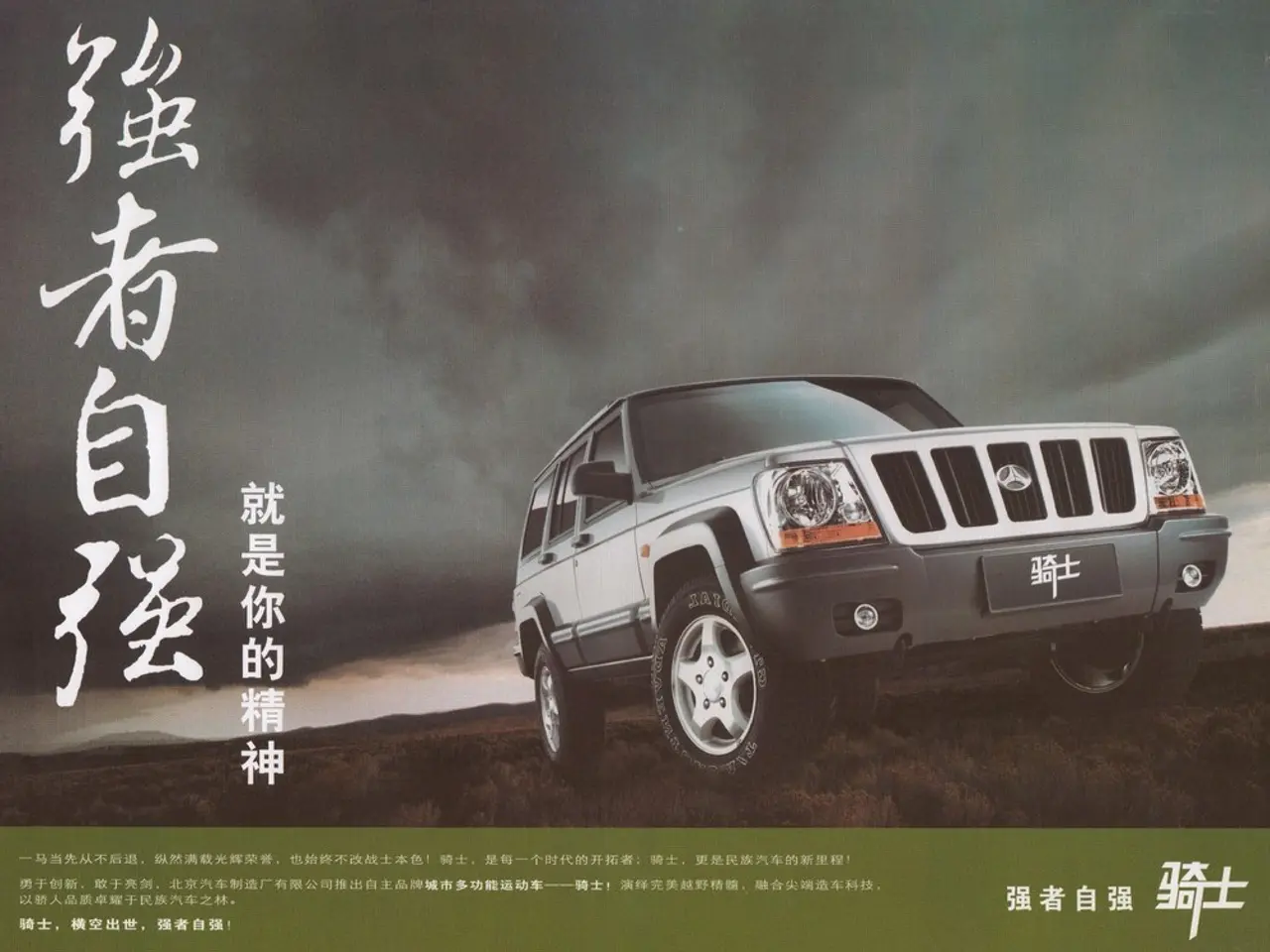China Warned About Potential Penalties for Purchasing Russian Petroleum by Bessent
In a press conference on July 29, 2025, the Chinese minister responded to a warning from the Americans regarding purchases of Russian oil amid ongoing sanctions. The minister emphasised China's sovereignty and the necessity to secure energy supplies aligned with its national interests. He stated that coercion and pressure would not alter China's policy, and the country is prepared to accept the cost of paying 100% tariffs rather than halt its purchases.
The context of the press conference is not provided. However, as of early August 2025, trade relations between China, Russia, and the U.S. are highly tense, especially concerning China's purchases of Russian oil. The U.S. is pressing China to halt its oil and gas imports from Russia, threatening secondary sanctions including possible 100% tariffs if China continues such purchases after July 29, 2025.
The U.S. Treasury Secretary Scott Bessent has explicitly warned China, and this demand is a major sticking point in recently held trade talks in Stockholm, which ended without an agreement to extend the current tariff truce set to expire August 12, 2025.
In parallel, since mid-2025, China and Russia have publicly strengthened their strategic partnership, through expanded cooperation in trade, energy, and diplomatic coordination, jointly condemning U.S. sanctions and policies as coercive and hegemonic. This "no limits" partnership signals deepening economic ties between China and Russia, making trade with each other a priority even amid U.S. pressure.
Regarding the U.S.-China trade relationship overall, there have been ongoing trade talks with some positive signs as of early August 2025. The previously scheduled August 12 deal deadline may be extended, with negotiations continuing at multiple levels to potentially avoid reimposition of punitive tariffs (which could rise to 84% on Chinese imports) if no deal is reached. However, the tension over Russia oil purchases remains a principal obstacle.
The nature of the American sanctions on Iranian oil is not detailed in the minister's statement. The U.S. President Donald Trump initially threatened to impose trade tariffs and secondary sanctions on Russia if it does not agree to a ceasefire or a peaceful deal on Ukraine within 50 days. Trump later reduced the deadline to 10 days, starting from July 29, 2025. Trump's measures, if implemented, could affect Russia and potentially its trading partners.
The minister's statement did not specify whether China has responded to the U.S.'s concern about the purchase of Iranian oil. Trump is uncertain if his measures will influence Moscow. The specific secondary tariffs threatened by Trump towards Russia are not elaborated in the minister's statement. The specific secondary tariffs were not detailed in the U.S.'s warning to China either.
The reaction of the Chinese representatives to the Americans' warning is not elaborated. Trump believes that the Russian side is interested in continuing the conflict. The nature of the sanctions is not specified in the minister's statement or in Trump's threats. The deadline change applies to the potential imposition of trade tariffs and secondary sanctions on Russia.
In summary, since July 29, 2025, the U.S. has escalated secondary sanctions and potential tariffs targeting China to halt its Russian oil imports, but China rejects these demands, citing sovereignty and necessity for energy security. This conflict complicates broader U.S.-China trade negotiations, while China and Russia continue to deepen their economic and strategic alliance under strong mutual opposition to U.S. policies.
- The ongoing trade tensions between the U.S. and China, exacerbated by America's demand for China to halt its Russian oil imports and potential 100% tariffs, have created a major sticking point in recent trade negotiations, particularly at the talks held in Stockholm.
- Amidst the escalation of U.S. secondary sanctions and potential tariffs aimed at China's Russian oil purchases, politics and general news have been increasingly dominated by discussions surrounding war-and-conflicts, policy-and-legislation, and the strategic partnership between China and Russia as they publicly stand united against perceived U.S. coercion and hegemony.






